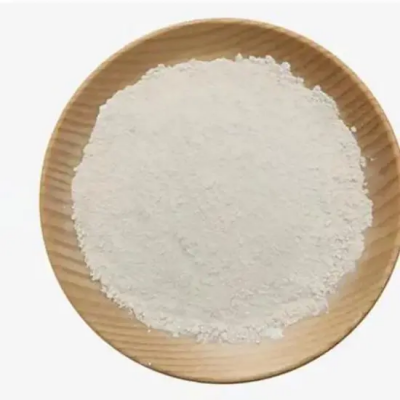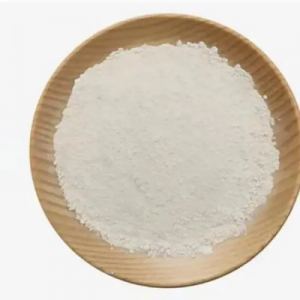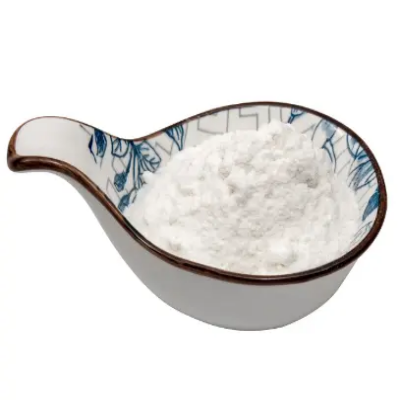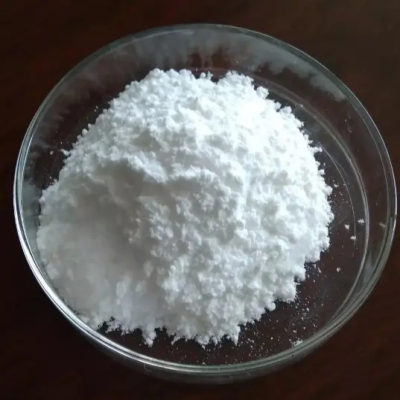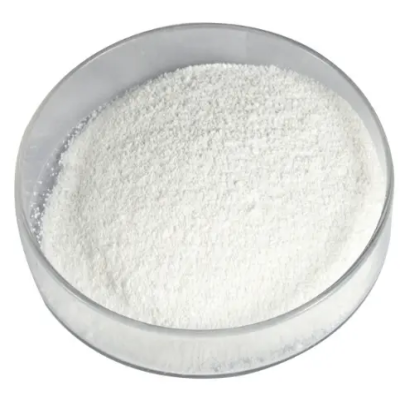Vonoprazan CAS:881681-00-1
Vonoprazan is synthesized through a series of chemical reactions involving specialized starting materials. The synthesis typically begins with the construction of the pyridine core, followed by the incorporation of key functional groups that enhance its pharmacological activity. The final steps focus on optimizing purity and yield to ensure pharmaceutical-grade quality suitable for clinical use. Synthetic Routes The synthesis of Vonoprazan commences with the preparation of the pyridine ring system through precise condensation reactions. Subsequent steps involve functionalizing the core structure with substituents critical for its specific interaction with the proton pump. The synthesis demands stringent control over reaction conditions to achieve the desired stereochemistry and purity required for effective acid suppression. Chemical Properties and Mechanism of Action Vonoprazan's chemical properties are characterized by its ability to selectively and irreversibly inhibit the H+, K+-ATPase proton pump in gastric parietal cells. Unlike traditional PPIs, Vonoprazan binds to a distinct site on the proton pump, leading to rapid and sustained suppression of gastric acid secretion. This mechanism ensures effective control of acid-related disorders such as gastroesophageal reflux disease (GERD) and peptic ulcers. Pharmacological Significance The compound's pharmacological significance lies in its ability to provide superior and prolonged acid suppression compared to conventional PPIs. Vonoprazan's rapid onset of action and sustained effect make it a preferred choice in clinical settings, particularly for patients with refractory acid-related disorders or those requiring rapid symptom relief. Clinical Applications In clinical practice, Vonoprazan is utilized for the management of various acid-related gastrointestinal conditions, including GERD and Helicobacter pylori eradication therapy. Its efficacy in suppressing gastric acid secretion contributes to improved patient outcomes and symptom relief, underscoring its role as a valuable therapeutic agent in gastroenterology. Safety Profile and Future Directions Vonoprazan exhibits a favorable safety profile with minimal adverse effects reported in clinical trials. Ongoing research focuses on exploring its long-term safety and potential applications in treating other acid-related disorders. Further development aims to optimize formulations and dosage regimens to enhance therapeutic efficacy and patient compliance. Conclusion Vonoprazan represents a significant advancement in the treatment of acid-related gastrointestinal disorders, distinguished by its potent and selective inhibition of the H+, K+-ATPase proton pump. Its unique mechanism of action, coupled with effective acid suppression and clinical efficacy, positions it as a cornerstone in modern gastroenterology. Continued research and clinical experience are expected to broaden its therapeutic applications, reaffirming its pivotal role in managing acid-related conditions and improving patient quality of life.



| Composition | C17H16FN3O2S |
| Assay | 99% |
| Appearance | white powder |
| CAS No. | 881681-00-1 |
| Packing | Small and bulk |
| Shelf Life | 2 years |
| Storage | Store in cool and dry area |
| Certification | ISO. |


